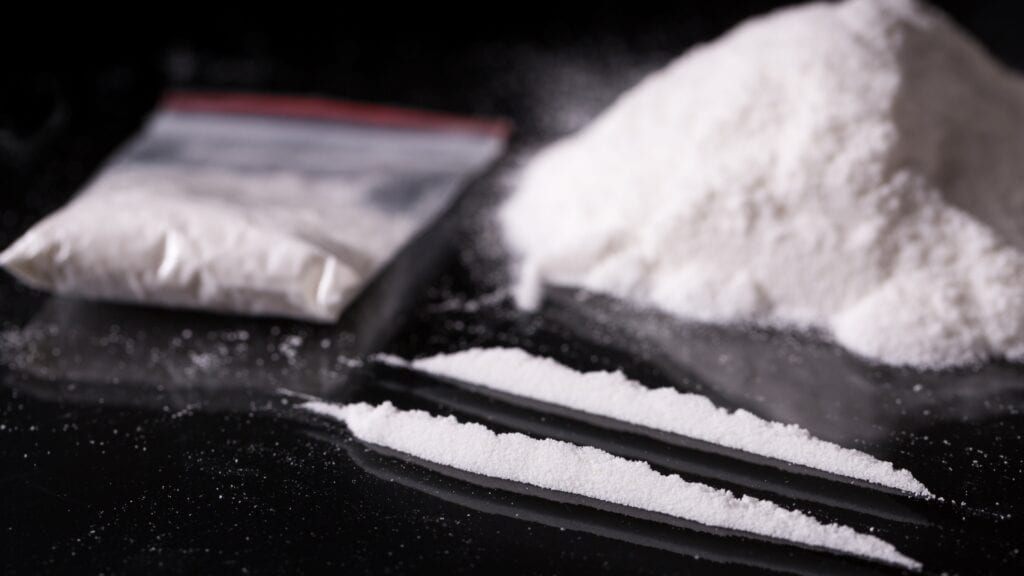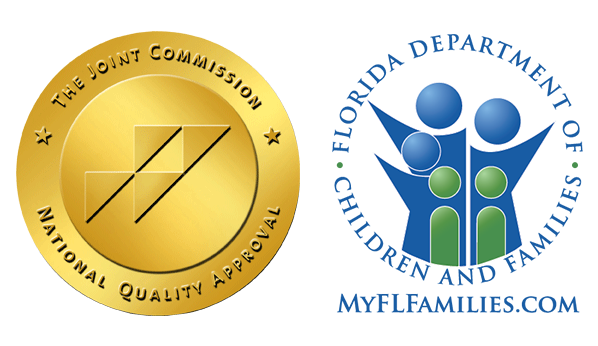Cocaine (aka coke, blow, or crack) is a strong stimulant with a very high addiction potential mostly used as a recreational drug. It is commonly snorted, rubbed on gums, or dissolved in water and injected into the veins. Cocaine’s psychoactive and addictive effects are principally caused by its impact on the limbic system of the brain, a network of interconnected areas that controls motivation and pleasure. Dopamine accumulation, the first and most noticeable side effect, causes exhilaration and a desire to consume the drug again. The brain eventually adapts but now has a tolerance, so more cocaine is needed and the vicious cycle continues. The new tolerance increases the chances that the user will have more difficulty abstaining from using the drug. Coke frequently produces a short-lived but extremely powerful high. The effects of cocaine typically begin to take action 5 to 30 minutes after you inhale it, and they persist for 20 to 30 minutes on average. Because the high and the aforementioned “good” benefits are so strong, when they pass after about 30 minutes, a person may feel the need to consume more cocaine to rekindle the pleasant effects as quickly as possible. As a result, tolerance to cocaine increases very quickly, intensifying the “comedown” or withdrawal from the drug. This means that in order to get the desired benefits, users find that they need to consume increasing amounts of cocaine more frequently. This can exacerbate their cocaine addiction and make it much harder for them to handle comedowns. Signs of Cocaine Addiction It’s critical to be able to recognize the telltale signs and symptoms of cocaine addiction if you believe that you or someone you know may have a problem with cocaine usage. It’s crucial to understand that while cocaine can have a lot of effects that, to some people, may appear great, it can also have a number of negative symptoms and long-term ramifications. These may consist of:
- Anxiety and unreasonable suspicion
- Psychosis
- Mood changes
- Fear Attacks
- Insomnia
- Taking unnecessary risks because of an overconfidence
- Irritable and restless
- Lies to loved ones about your whereabouts and activities
- Feeling as though cocaine has taken over your life
- Stealing cash to purchase drugs
- Elevated body temperature
- Erectile dysfunction in men, which results in the overuse of medications like Viagra
- Higher heart rate
- Illness and nausea
- Elevated blood pressure
- Excessive perspiration
- Cognitive dysfunction
- Nosebleeds frequently after snorting cocaine
- Renal and liver damage
- Chest pain
- Breathing difficulties












